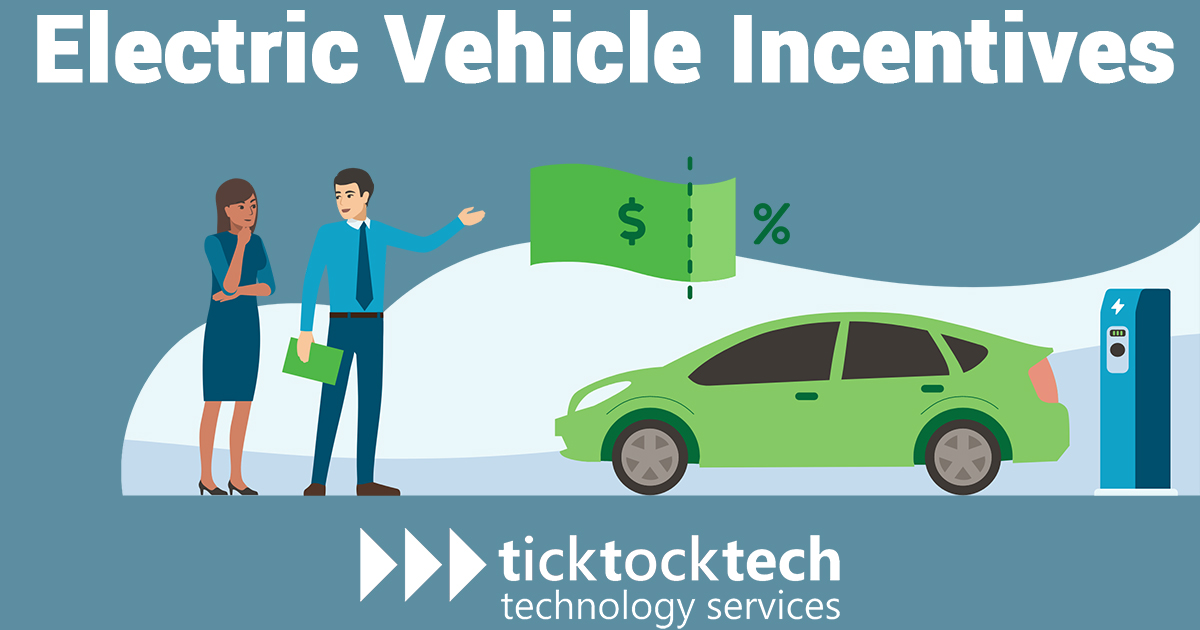The electronics and alternative energy sources are talked over, still a long way to go with gas and carbon fuels. These are the future for solving climate change. For decades now, carbon fuel and petrol have been the source of energy for automobiles. due to the combustion engine. Though, most people don’t know electric vehicles were first-generation cars made before the popularity of the combustion engine. With climate change, the world will move back to EVs, and tesla is helping a lot with the feasibility. Though these are expensive compared to combustion engine vehicles. As many automobile companies switch, and more research is done, this will change over time with an easy mode discovery.
Electric Vehicle and Climate Change.
It’s no news that climate change is real, we have experienced the differences in our weather. The ozone layer deception, the sea level, and the Antarctic north pole change in size. But at the same time, switching from fossil fuels is one of the hardest requirements for solving this. Other sectors have visible solutions like nuclear, wind, and solar, for the prevention of fossil fuel in the energy industry.
There are many prevention methods against plastic disposals too, to prevent affecting aquatic life. EVs have the potential to drastically lower greenhouse gas emissions and enhance air quality. Electric vehicles (EVs) have no exhaust emissions and can aid in lowering the overall carbon footprint of transportation. This is simply because they are powered by electricity rather than fossil fuels. As said, the price is high for the EVs and people are not that encouraged to buy them unless they are boxed enough to.

Tesla sells at an average and they do sell up to 936,222 electric vehicles last year. Mercedes also starting their EV programs but might not be on massive sales till 2027, and would be expensive. Incentives and population encouragements are however given by some governmental agencies, which include economic, tax, and fee exceptions incentives.
Available Incentives for Electric Vehicle buyers
Electric vehicles (EVs) are eligible for a number of incentives, which vary by nation or state and include tax credits, rebates, and exemptions from certain levies. This is done to encourage people to get an EV despite its cost, so it would be easy for as many as possible to get it.
For the purchase of a new EV, the US federal government grants a tax credit of up to $7,500. The EV must have been purchased brand-new and utilized mostly in the United States in order to be eligible for the credit.
Additionally, some governments provide rebates and incentives for EV purchases. These may come in the form of financial incentives, waived automobile registration costs, and tax exemptions. Some local utilities provide discounts on home charging equipment or lower electricity rates for EV owners as incentives for the adoption of EVs.
In the UK, the government provides grants up to 35% of an EV’s purchase price, up to a maximum of £3,000 per applicant.
For the purchase of a new EV in France, the government will give a bonus of up to €6,000.
For the purchase of a used EV, the government will give a bonus of €300.
Governments in Germany and the Netherlands provide subsidies for new EV purchases of up to €4,000 in addition to lower VAT rates. Electric vehicles (EVs) are not subject to the purchase tax, VAT, or the yearly road tax in Norway.
Conclusion
In general, it’s a good idea to complete your study on the prices relative to your income if you’re thinking about getting an EV as a high-tech ride and contributing to the environment. Before making a choice, take into account all of these aspects and determine whether the incentives are worth the cost and whether it is generally within your means.

